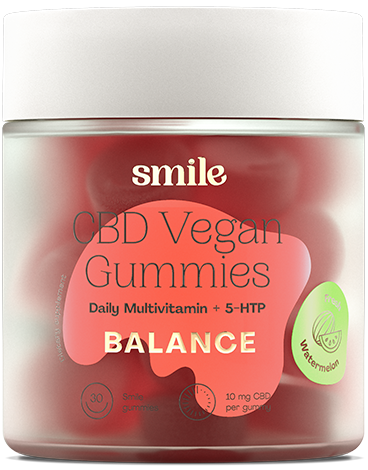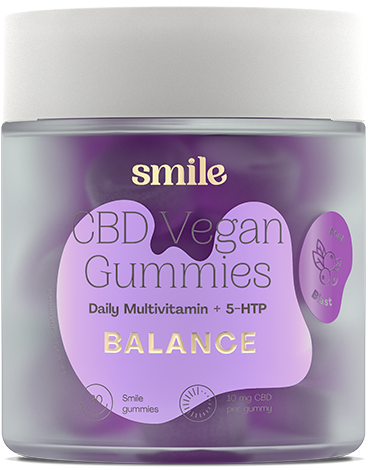Iron is an essential mineral that’s vital to our health. But iron deficiency is the most common nutritional deficiency in the United States. In fact, nearly 10 percent of women are iron deficient, according to recent data from the Centers for Disease Control and Prevention.
So why is iron so important? In the first place, we need it to help transport oxygen throughout the body. Iron is a key component of hemoglobin, a substance in red blood cells that moves oxygen from your lungs to your tissues. If you don’t have enough iron, you can’t make enough healthy oxygen-carrying red blood cells.
Without healthy blood, your body can’t get the oxygen it needs. And that contributes to feeling of tiredness and fatigue. The exhaustion from insufficient oxygen affects your whole body, from your brain and cognitive function to your immune system’s ability to ward off infection. Iron is crucial for allowing oxygen to reach damaged cells, tissues and organs, making it a key ingredient in the healing process.
Sine low iron causes fatigue that can be hard to explain, increasing iron intake can be a great way to improve energy. Iron can also improve muscle strength. Muscle weakness and low iron are connected.
When you exercise, for example, your muscles need extra oxygen to do all that work. Low iron can also cause a loss of muscle tone and elasticity. That means your muscles will fatigue faster, which can reduce your athletic or exercise performance. Oxygen-rich blood also helps to reduce pain and inflammation in muscle tissues, which can cause pain and soreness. Iron, in short, helps your muscles rebuild themselves faster.
Iron levels are also closely linked to cognitive function, especially concentration and attentiveness. Low iron levels will lower attention and concentration almost immediately. Restoring iron to proper levels can therefore boost cognitive performance and concentration.
Recent studies have even pointed to iron’s benefits for sleep issues like restless sleep, sleep apnea and insomnia. Increasing iron intake if there’s a deficiency can help remedy difficulty sleeping. Make sure you speak with your doctor about the proper dose if you plan to supplement your diet with iron.
Resources
Iron deficiency and cognitive functions — 2014
Assessment of subjective sleep quality in iron deficiency anaemia — 2015


